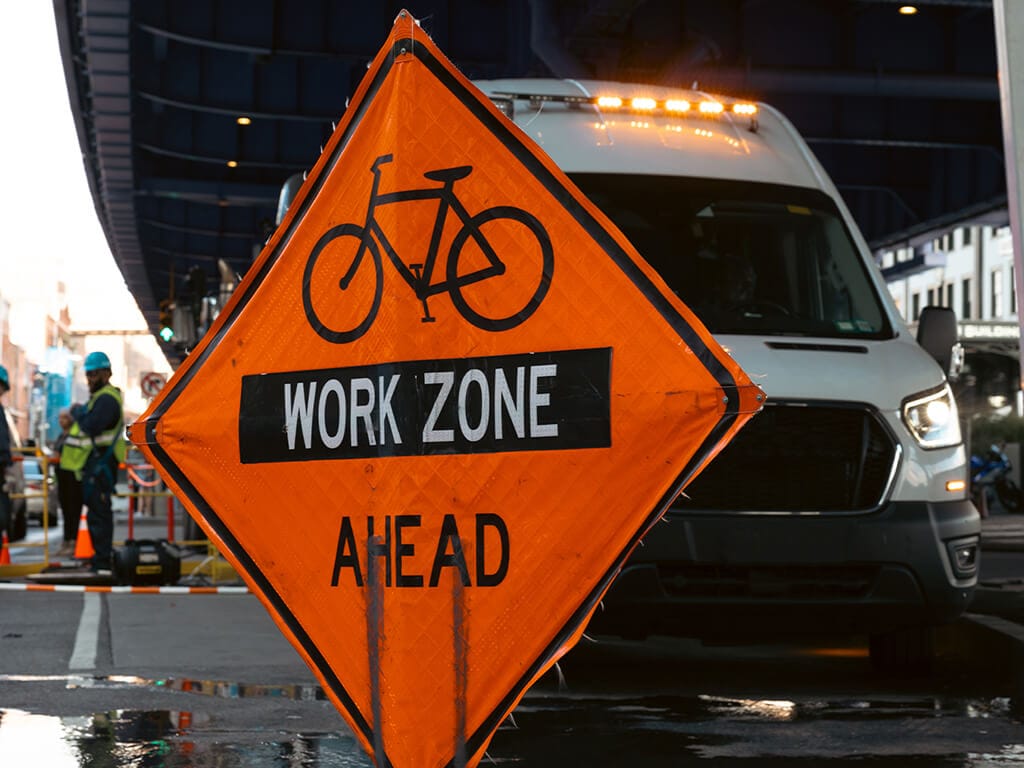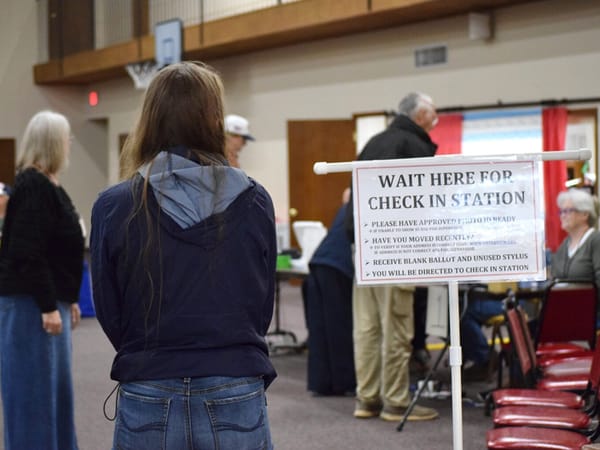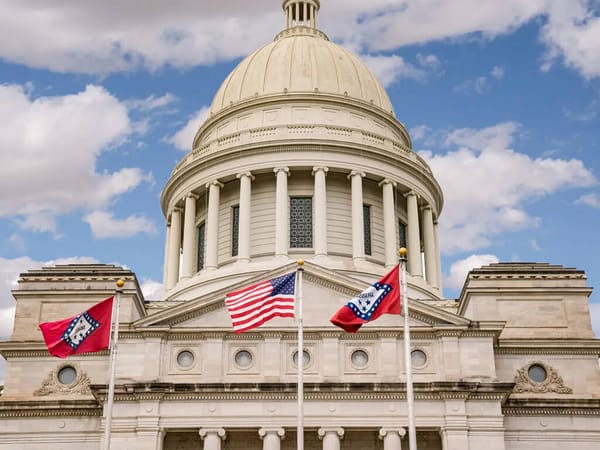More Lights, Bigger Fines: Arkansas Acts to Protect Roadway Work Zones
Arkansas has enacted three new laws to improve safety in roadway work zones, including updated driver education, green flashing lights, and higher fines for violations.

Road construction zones remain some of the most dangerous areas on American highways, with frequent accidents involving both workers and drivers. Improving safety in these areas has long been a government priority.
As part of this effort, Arkansas has enacted three new statewide laws aimed at protecting road crews and motorists alike. Acts 117, 209, and 327, passed during the 2025 legislative session, are now in effect. Together, they focus on better driver education, improved visibility, and stronger enforcement to reduce risks in work zones.
Act 117: Driver Education and Testing Updates
Act 117 requires the Arkansas driver’s manual and licensing test to place greater emphasis on work zone safety. The state’s written driving exam will now include questions on safe driving practices in construction zones.
The revised manual will highlight the dangers of unsafe driving, outline penalties for violations, and present accident statistics. It will also feature personal stories from construction workers and their families to emphasize the real-life consequences of carelessness on the road.
To make guidance more practical, the manual will include a dedicated Q&A section offering safe driving tips specific to work zones. The law’s intent is clear: educate drivers before they get behind the wheel and reinforce the importance of slowing down and staying alert around road crews.
Act 209: Green Flashing Lights for Better Visibility
Act 209 focuses on visibility, authorizing the Arkansas Department of Transportation (ARDOT), as well as city, county, and contractor vehicles involved in construction or maintenance, to use green flashing lights.
This decision follows a trial program showing that green lights significantly improve visibility, particularly in bright sunlight, fog, or poor weather. The goal is to make work vehicles more noticeable to motorists, giving drivers extra time to react and reducing the risk of accidents.
Arkansas law already regulates which vehicles may use flashing or rotating beacons and what colors are allowed. Under the new rules, construction and maintenance vehicles can now use amber, white, green, or a combination of these colors for oscillating, flashing, or rotating emergency and warning lights.
Act 327: Higher Fines in Mobile Work Zones
Act 327 expands Arkansas’s traffic fine rules to better protect road crews. Previously, fines for moving violations were doubled only in stationary work zones. Now, those higher penalties also apply in mobile work zones, where crews perform short-term tasks such as pothole repairs, debris removal, or road striping.
To qualify, mobile work zones must be clearly marked with signs, barriers, channelizing devices, or vehicles equipped with flashing lights. ARDOT trucks operating in these areas will display signs reading “Mobile Work Zone / Fines Double” to warn drivers in advance.
The law also broadens the definition of “construction personnel” to include not only ARDOT employees but also contractors and staff from city and county road departments. By closing this gap, Arkansas ensures workers are protected whether they are stationed at long-term projects or moving between short-term sites.
A Push Toward Safer Roads
Arkansas lawmakers have framed the new measures as a way to bring greater safety to the state’s work zones, whether by teaching drivers better habits, making crews more visible, or extending protections to jobs that move from mile to mile. Yet officials admit that laws on the books do not enforce themselves. Drivers will have to absorb the changes, and the state will have to keep reminding them why they matter. The hope, for now, is modest but urgent: that the next time someone passes through a work zone in Arkansas, it feels a little safer than the time before.





